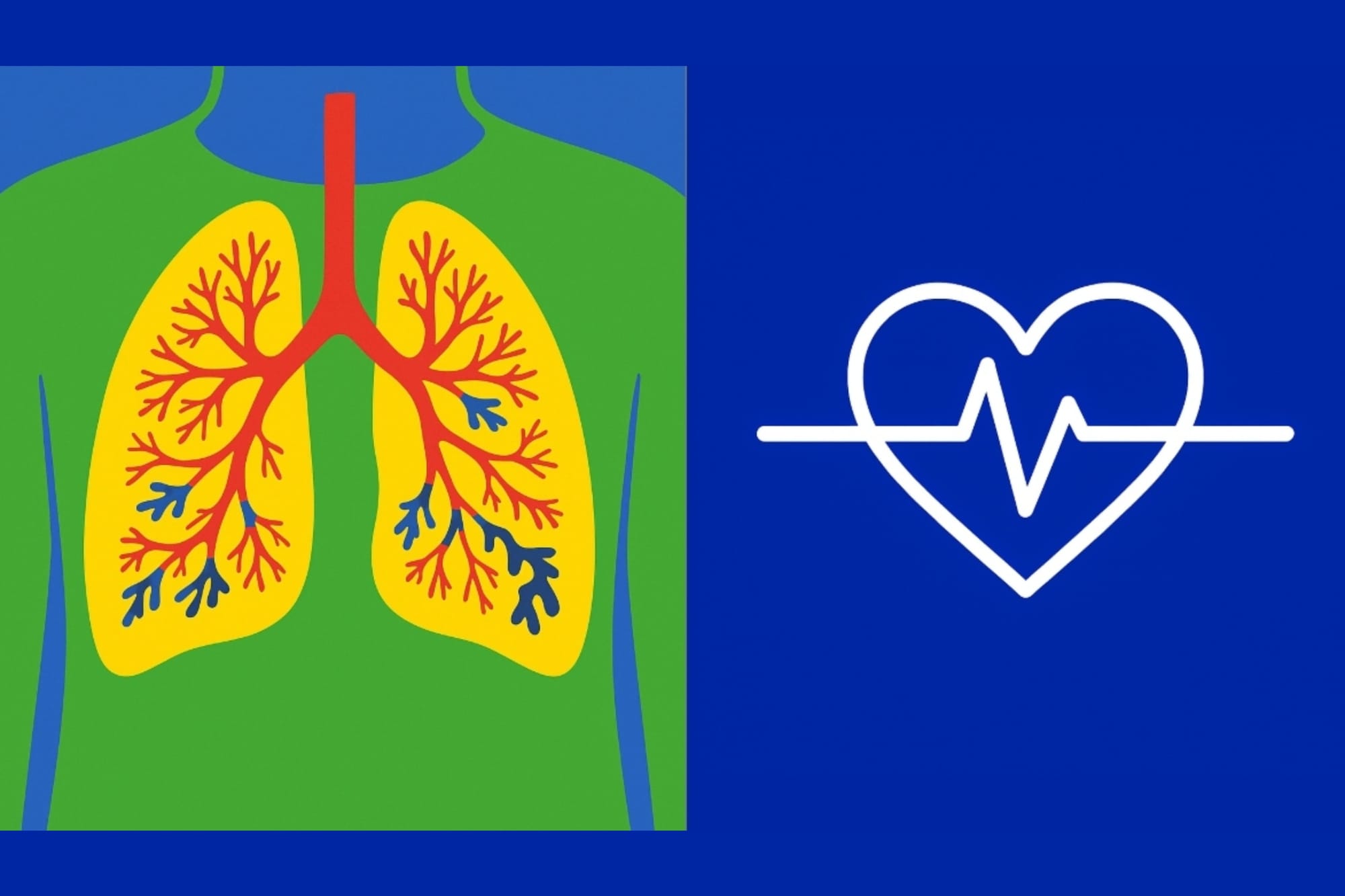EMA approves first treatment that addresses causes of serious chronic lung disease
A new medicine to tackle non-cystic fibrosis bronchiectasis, offers new hope for patients with chronic lung disease

The European Medicines Agency (EMA) has recommended authorising Brinsupri (brensocatib) tablets for the treatment of non-cystic fibrosis bronchiectasis (NCFB) in patients aged 12 and older. The drug is the first approved treatment for what is a debilitating and progressive lung disease.
NCFB affects an estimated 400,000 to 3 million people in the EU and is characterised by damaged airways, chronic cough, excess mucus, and recurrent infections. Until now, management has relied solely on airway clearance, antibiotics, and anti-inflammatory drugs. This is the first medicine to address the causes. The drug is supported under the EMA’s ‘PRIority MEdicines’ (PRIME) scheme, for accelerated review since it addresses a major unmet medical need.
Brinsupri works by inhibiting dipeptidyl peptidase 1 (DPP1), an enzyme that activates neutrophils—white blood cells that, when overactive, release destructive proteins causing airway damage and inflammation. By blocking this process, Brinsupri helps reduce and delay pulmonary exacerbations.
In a clinical trial involving 1,767 patients, Brinsupri reduced the annual rate of exacerbations by 19.4% compared to placebo. More patients on Brinsupri remained exacerbation-free after one year. Common side effects included headache, gum inflammation, and skin conditions such as dermatitis, rashes, and dryness.
The EMA’s recommendation now moves to the European Commission for final approval, it is then up to national authorities for decisions on pricing and reimbursement.
